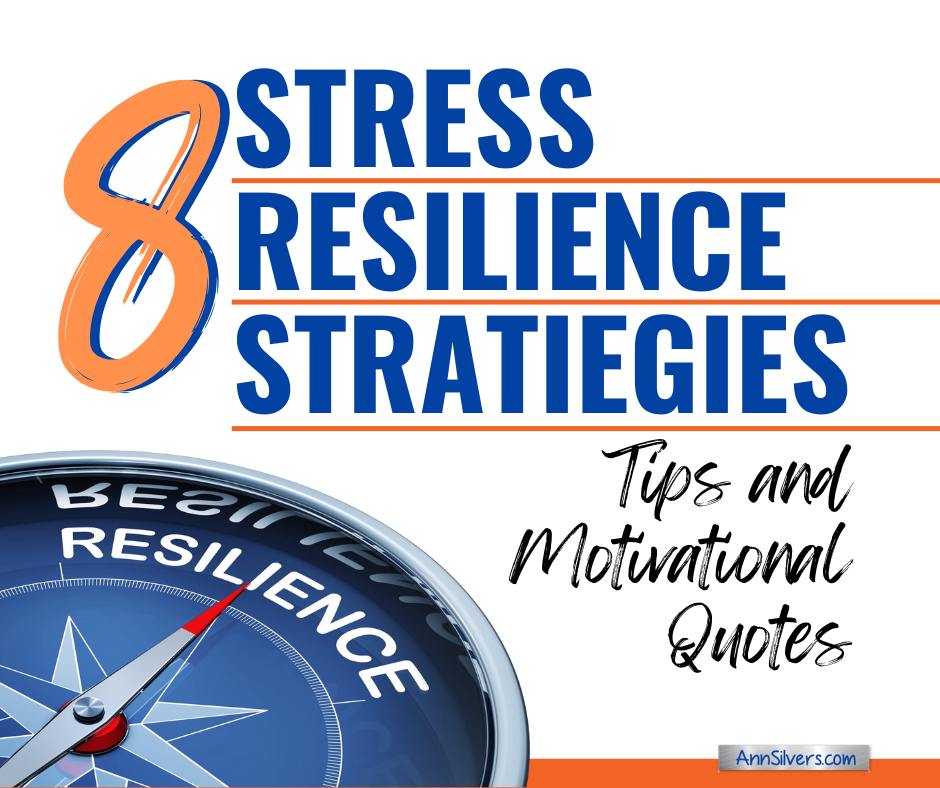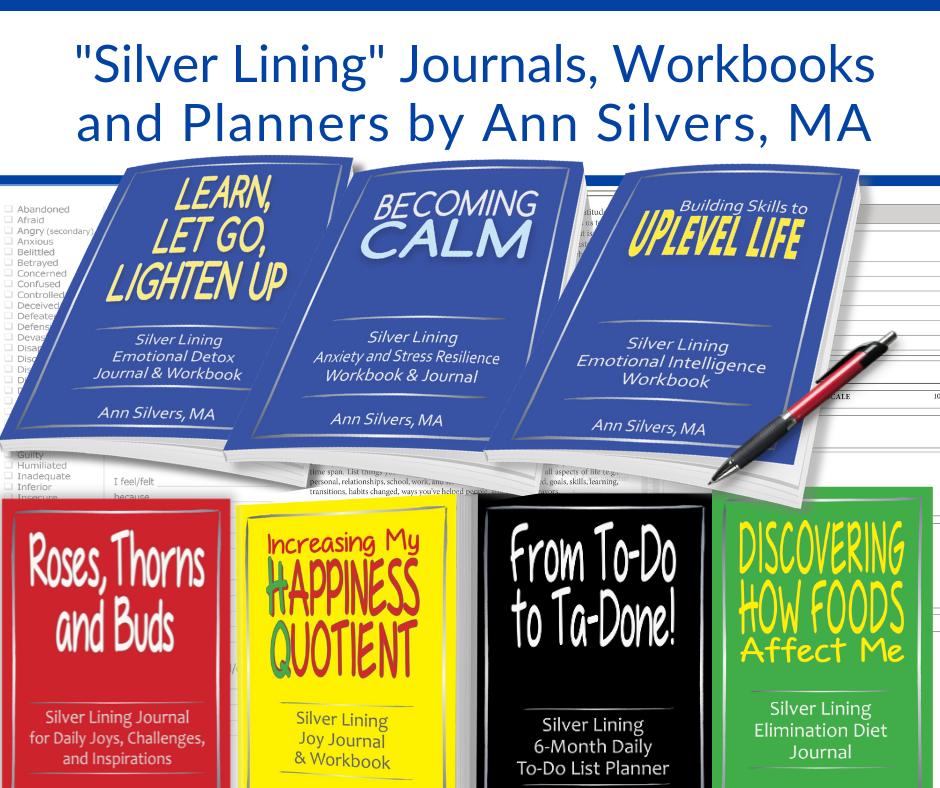
The Fawn Stress Response: What It Is and How It Drives People-Pleasing 0
There are more automatic stress responses than just fight-or-flight. Learn about the fawn stress response — the automatic nervous system reaction that shows up as compulsive people-pleasing, boundary avoidance, and prioritizing others’ needs to reduce perceived threat.

The Freeze Stress Response: Why You Go Deer in the Headlights 0
An explanation of the freeze stress response—how the nervous system shuts down or immobilizes under stress and trauma, why it happens, and examples of what it can look like in everyday life.

The Research Behind Calming Essential Oils for Anxiety, Stress, and Sleep 0
A research-based look at essential oils used for anxiety and stress, including recent studies for nine anti-anxiety essential oils and simple explanations of how the studies were conducted — so you can see how the oils were used and better assess the findings.
- Ann Silvers
- Tags: anxiety relief Essential Oils natural remedies for anxiety natural remedies for mood stress

Are Essential Oils Safe During Pregnancy and Breastfeeding? 0
Essential oils can offer benefits during pregnancy and breastfeeding, but safety matters. This evidence-based guide explains dilution limits, oils to avoid, and expert advice to help reduce risk while supporting wellbeing.
- Ann Silvers
- Tags: anxiety relief Essential Oils natural remedies for anxiety natural remedies for mood stress

Facing Challenges: 8 Stress Resilience Strategies with Inspiring Quotes 0
Life throws curveballs—some small, some life-altering. Resilience helps you cope with everyday stress, overcome obstacles, and face tough challenges with strength and adaptability.
This post shares eight practical strategies to support you through difficult times. Each one is paired with resilience tips and motivational quotes—many featured in shareable graphics for an extra boost of encouragement.
You’ll also find links to resources designed to help you turn these strategies into action, with step-by-step guidance for navigating hardship and managing stress.
Let’s dive into these inspiring words of wisdom, tips, and tools to help you regroup, reset, and be ready to face what comes next.
- Ann Silvers
- Tags: anxiety anxiety relief emotional intelligence happiness Positive Inspiring Quotes stress

Silver Lining Series of Workbooks, Journals, and Planners 0
Through my work as a counselor, I’ve seen firsthand what helps people build resilience, improve relationships, and create positive change in their lives. I bring that experience into my writing, creating resources that are both self-help (for individuals) and helper-help (for professionals like therapists, teachers, and group leaders).
Whether you're working through anxiety, exploring emotional intelligence, or simply looking for a better way to track your to-dos, these workbooks, journals, and planner provide structured support for real-life challenges.





